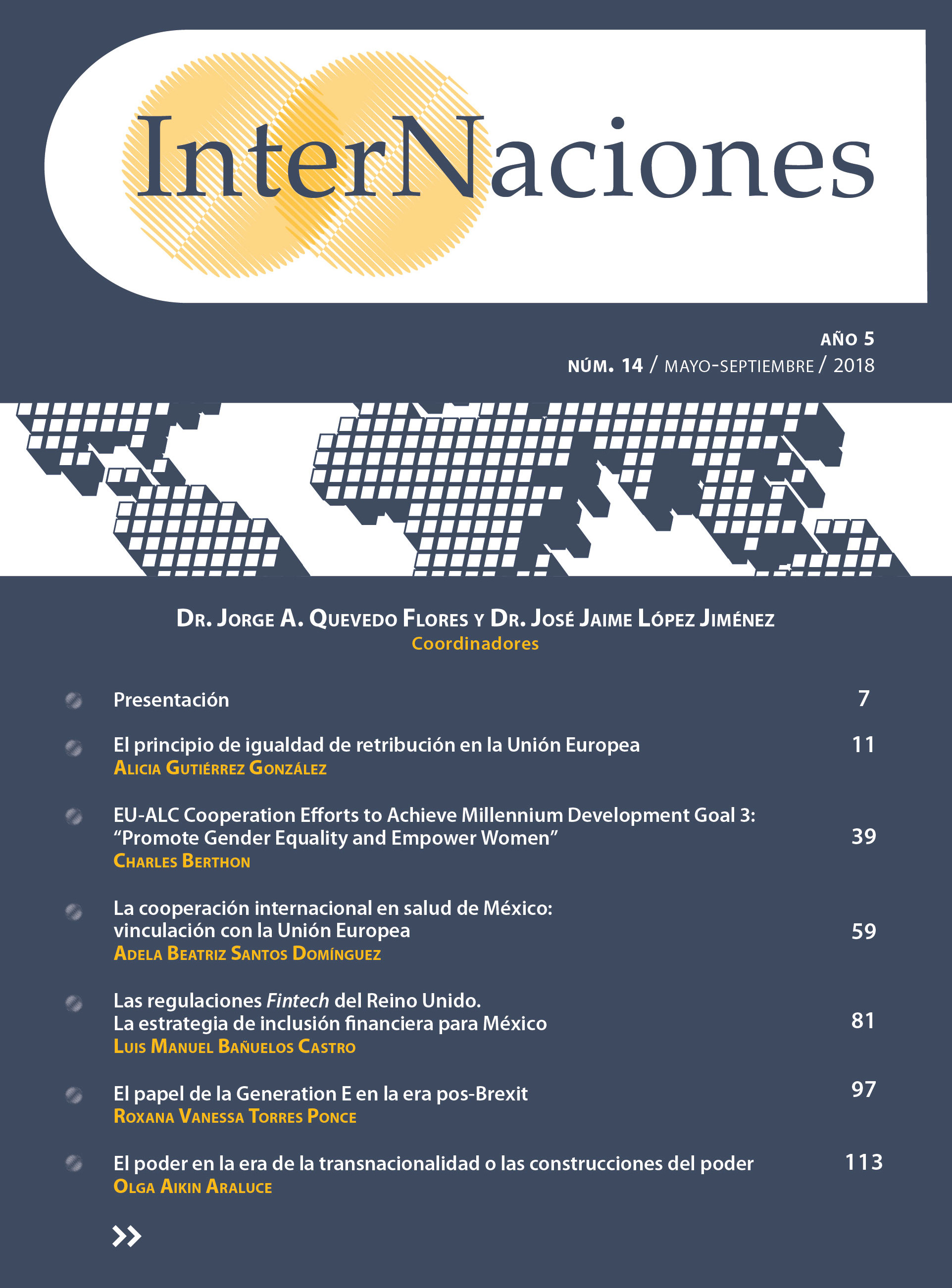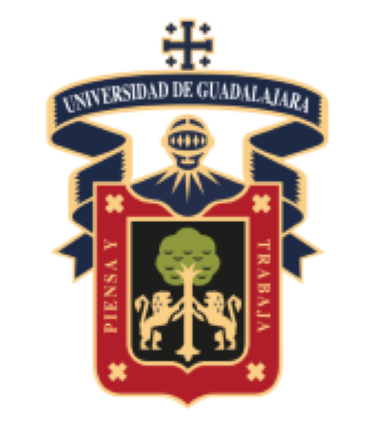The role of Generation E in the post-Brexit era
DOI:
https://doi.org/10.32870/in.v0i14.7081Keywords:
Unión Europea, estudiantes de educación superior, Erasmus, Brexit, identidad comunitaria europeaAbstract
In the last two years, the EU has gone through complex situations that it will have to deal with to move forward as a region, Brexit being the most outstanding as it has generated various questions: internal for the United Kingdom and external for the international scene. These questions have marked a turning point within the most advanced integration process to date. It highlights the role of educational programs financed by the European Union, specifically ERASMUS, and the influence on its beneficiaries. The objective of this work is to analyze the role that this higher education program has played in shaping the identity of the people (students and teachers) involved in this experience and have generated a Europhilic ideology. This position can have an impact on national political decisions and, therefore, a positive influence on the future of the European Union.Downloads
Downloads
Published
How to Cite
Issue
Section
License
Copyright (c) 2018 Universidad de Guadalajara

This work is licensed under a Creative Commons Attribution-NonCommercial-ShareAlike 4.0 International License.
CC BY-NC-SA 4.0 https://creativecommons.org/licenses/by-nc-sa/4.0/



























